For some lambda POCs and fast lambda prototyping you can include and use the following function _install_packages, you can place a call to it before lambda handling function (for lambda init time package installation, if your deps need less than 10 seconds to install) or place the call at the beginning of the lambda handler (this will call the function exactly once at the first lambda event). Given pip install options included, packages to be installed must provide binary installable versions for manylinux.
_installed = False
def _install_packages(*packages):
global _installed
if not _installed:
import os
import sys
import time
_started = time.time()
os.system("mkdir -p /tmp/packages")
_packages = " ".join(f"'{p}'" for p in packages)
print("INSTALLED:")
os.system(
f"{sys.executable} -m pip freeze --no-cache-dir")
print("INSTALLING:")
os.system(
f"{sys.executable} -m pip install "
f"--no-cache-dir --target /tmp/packages "
f"--only-binary :all: --no-color "
f"--no-warn-script-location {_packages}")
sys.path.insert(0, "/tmp/packages")
_installed = True
_ended = time.time()
print(f"package installation took: {_ended - _started:.2f} sec")
# usage example before lambda handler
_install_packages("pymssql", "requests", "pillow")
def lambda_handler(event, context):
pass # lambda code
# usage example from within the lambda handler
def lambda_handler(event, context):
_install_packages("pymssql", "requests", "pillow")
pass # lambda code
Given examples install python packages: pymssql, requests and pillow.
An example lambda that installs requests and then calls ifconfig.me to obtain it's egress IP address.
import json
_installed = False
def _install_packages(*packages):
global _installed
if not _installed:
import os
import sys
import time
_started = time.time()
os.system("mkdir -p /tmp/packages")
_packages = " ".join(f"'{p}'" for p in packages)
print("INSTALLED:")
os.system(
f"{sys.executable} -m pip freeze --no-cache-dir")
print("INSTALLING:")
os.system(
f"{sys.executable} -m pip install "
f"--no-cache-dir --target /tmp/packages "
f"--only-binary :all: --no-color "
f"--no-warn-script-location {_packages}")
sys.path.insert(0, "/tmp/packages")
_installed = True
_ended = time.time()
print(f"package installation took: {_ended - _started:.2f} sec")
# usage example before lambda handler
_install_packages("requests")
def lambda_handler(event, context):
import requests
return {
'statusCode': 200,
'body': json.dumps(requests.get('http://ifconfig.me').content.decode())
}
Given single quote escaping is considered when building pip's command line, you can specify a version in a package spec like this pillow<9, the former will install most recent 8.X.X version of pillow.
